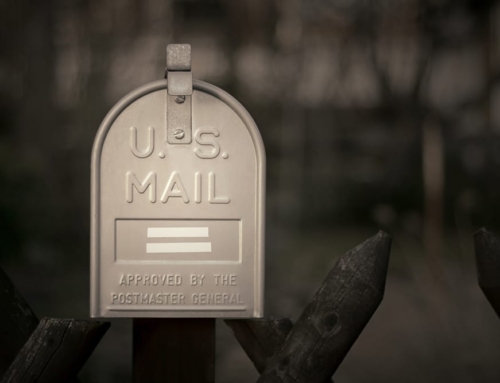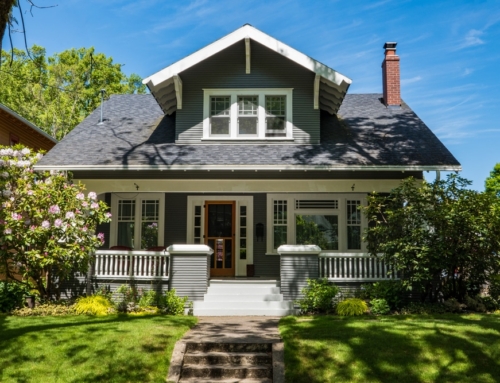Your ability to qualify for a mortgage is dependent on your income. Even if you’re on a fixed income, including disability income from social security, you may still be able to qualify.
Q: I own my home on just over two acres with a pond. I recently had a house fire but had no insurance on my home. I’m on fixed income and I really don’t want to sell.
I bought my house under a land contract and bought out the contract early. I do have a few liens on the property.
What kind of loan would I ask for to either fix (if we’re able) or build a new home. A new septic system was put in recently and the property was just surveyed. The well water is good. Please give some advice I’m desperate. I’m disabled, 55 years old and on Social Security.
A: Unfortunately, your ability to get a mortgage to build a new home (or fix your current property) is entirely dependent on your income and how much mortgage it will support.
The good news, if there is good news here, is that your disability income from Social Security counts as a viable source of income from a mortgage lender’s point of view. But how much mortgage that income will support is dependent on how big your monthly check is, current interest rates, what assets you own and what other forms of debt you’re carrying. It will also depend on what type of loan you want to get.
Conventional lenders will allow you to spend up to 28 percent of your gross monthly income on your mortgage, taxes and insurance and up to 36 percent on your total debt (any credit card debt, car loans, school loans or other forms of debt service). But if you’re getting an FHA loan, you may be able to take advantage of a higher debt-to-income ratio. For 2017, FHA permits lenders to grant loans to borrowers whose debt-to-income ratio is as high as 43 percent.
An FHA section 203k loan is a different sort of mortgage program and it might be just the thing you need to rebuild your property.
According to the Department of Housing and Urban Development’s website, section 203k mortgages allow a buyer to purchase and rehab a property or an owner to refinance and rehab their home. In your case, a portion of the loan would be used to refinance the property with the cash put into an escrow account and paid out as the work is completed on the home.
There are some restrictions on 203k mortgages. The total value of the property must still fall within the FHA mortgage limit for the area and the value of the property is determined by either the value of the property before rehab plus the cost of rehab, or 110 percent of the appraised value of the property after rehabilitation, whichever is less. Another constraint is that these loans can be complicated and there is a lot of paperwork required to prove to the lender that the work is being done correctly, and that the property is going to be worth what the homeowner says it will be after the work is completed.
According to HUD, you should expect that lenders who will help with a 203k loan will charge additional fees, such as a supplemental origination fee, fees to cover the preparation of architectural documents and review of the rehabilitation plan, and a higher appraisal fee. You may also have to pay elevated escrow fees, which will cover the cost of paying out the funds as the contractor presents evidence, such as contractor lien waivers.
Of course, you’ll have to find out if you can afford to get a big enough loan to repair or rebuild your home. We suggest you call around to a variety of different lenders in your area to see if you can find someone to help you through the process.
If you can’t qualify for a 203k loan or any other sort of loan, then you may have to face up to the idea that you may have to sell your property and use the money from the sale to buy or rent a home.
Good luck.







Leave A Comment